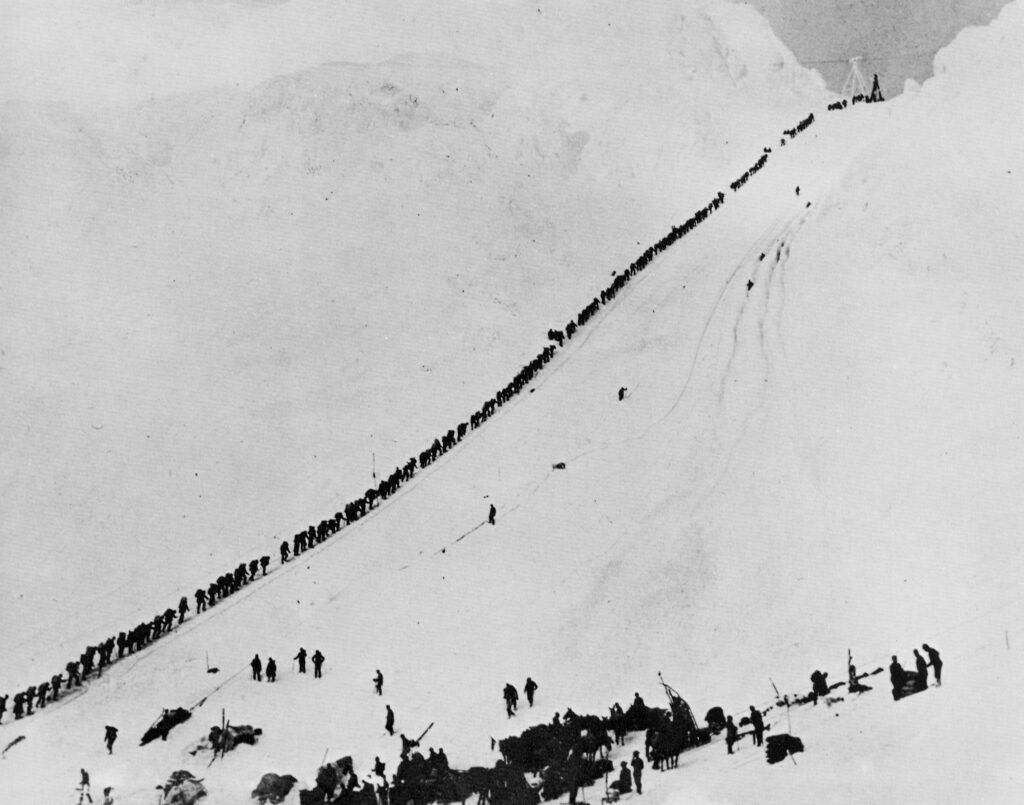There are lots of reasons start-ups fail, but one that I see far too often is the lack of industry experience. Industry experience can be summed up as having substantive knowledge working in the area of the planned start-up.
As an advisor, I have met with hundreds of budding start-ups and one of my primary questions to them once they have explained their idea is, “what industry experience do you have?” Unfortunately, I never thought to quantify the responses, but suffice to say that a large percentage had zero industry experience.
Interesting enough, this was not isolated to any particular industry, but ran the gamut from app development to the hospitality industry and everything in between. This lack of industry experience can be partially explained by the rampant promotion of entrepreneurship and the social media heroes that give false hope to their many followers, by suggesting that they only need desire or ambition to be successful. For those of us that know better, nothing could be farther from the truth.

To be sure there are examples of individuals who have been successful in areas where they had little experience. For the most part these individuals had a lot of luck or a lot of money to support them while they learned, but they are the exceptions. The average entrepreneur has neither, but what the successful ones do have is industry experience.
Knowledge deficit
The authors of Age and High-Growth Entrepreneurship stated the following in a Harvard Business Review post;
“We found that work experience plays a critical role. Relative to founders with no relevant experience, those with at least three years of prior work experience in the same narrow industry as their start-up were 85% more likely to launch a highly successful start-up.”
History itself can be a great teacher and as Winston Churchill once said in a speech to the House of Commons “Those who fail to learn from history are condemned to repeat it.” There are many examples from history that entrepreneurs can draw upon to support or justify why those individuals with industry experience have a greater chance at success.
What most people overlook is that having industry experience is a massive competitive advantage. It gives you the knowledge to spot an opportunity from the inside that is invisible to an outsider. This is by no means a guarantee but having industry experience can minimizes potential missteps that are not clearly visible to the outsider.
Klondike (Yukon) Gold Rush
One of the most interesting comparisons that I can make to todays rush to entrepreneurship is that of the Klondike Gold Rush. Once the news leaked out that gold was discovered in Dawson City in the Yukon in 1896, the stampede was on.
Much like social media does today, newspapers from around the world wrote extensively about the bonanza. So much so, that in one San Francisco newspaper it was front page news for over a year.
It is estimated that between 100,000 and 300,000 people from around the world, regardless of their experience, quit their jobs, left their families, and headed out on the year long trek to claim their share of the riches. Sadly, many did not get far. Of the potential 300,000 who set out, only 100,000 thousand actually made it to the Yukon and only 30,000 of them got to Dawson City.
It is interesting to note that of the 30,000 who made it to Dawson City, only 2,000 actually found gold and only a handful of those returned home with any.
Access to Yukon in those days required the gold seekers to travel north via ships from ports along the Pacific west coast to Skagway Alaska. This was the jumping off point to the Yukon, but even if you made it this far, many Stampeders, as they became known, were in for a rude awakening and ended many a dream.
Beginning in 1896 the Canadian government would not allow entrance into the Yukon unless the individual had a year’s worth of supplies to sustain themselves. This is one of the reasons that tens of thousands of people could not continue, because they didn’t have the money to buy what was required.
These supplies were split equally between food and equipment and weighed approximately 2000 pounds. Failure to comply, would result in you being turned away at the Canadian border because the government did not want those who were woefully unprepared to even attempt this most grueling journey. Maybe today’s start-ups should be mandated in a similar way, but I digress.
.

The Chilkoot Pass
One of the most famous pictures of that time is of the Chilkoot pass, where a long stream of prospectors are struggling up a 900 foot climb.
This 33 mile (53 kms) pass was the fastest, but more arduous way to Dawson City and once you made it over the pass, you still had 400+ miles (700 kms) to go. But you did not just have to climb the pass once, no you had to do it upwards of 20 times in order to move your 2000 pounds of supplies along your route.
In the early days, this was raw country and there just was not many transportation alternatives. For the most part, you either did it yourself or it did not move.
Just show up
The point of this comparison is that of tens of thousands that set out to stake their claim to riches, most had never prospected for anything. But because of all the newspaper hype, many just assumed that the gold was just lying there waiting to be picked up and if they could just get there, they would be rich. Experience did not matter, just show up.
Not to be overlooked, because it is not well documented, is how many people died in the attempt to reach the Klondike, but it numbered in the thousands. They died from either malnutrition or exposure, as the temperatures dropped to -40 degrees and colder in the winter. Sadly, they naively set out on journey, not knowing any better nor bring prepared. In other words, they had no experience.
Too many people today assume that it is easy to start a business and all they must do is to show up. Sadly, those that are not prepared, never make it to their destination. It takes more than desire, it takes knowledge and skills, and those skills and knowledge come from experience.
We need to change the way we promote entrepreneurship because, contrary to what we hear, it is not for everybody. However, for those that want to be their own boss, they need to understand that one of the best things they can do to increase their odds of success, is to get some industry experience.
It is not enough to watch a few how-to videos on YouTube or participate webinars. Only working in the industry will give you the necessary insights to map your way to the gold.
Fortunately, unlike the Yukon Gold Rush, few today are dying because of a failed business idea.
You may also enjoy Burnout
Get More LIFE Out of Your Business
You shouldn’t be the hardest working person in your company.
Many small business owners find that even after the struggling start-up years, they’re working too many hours and still managing every aspect of their businesses.
Greg Weatherdon has been there, done that. As an entrepreneur, he learned not only how to get a business to the point of running smoothly, but also how to reduce the number of hours he worked, delegate more responsibility to his employees, and take longer vacations while his business chugged along like a well-oiled machine. And now he is providing the secret to success.
Do you suffer from any of the following?
1. Business ownership isn’t living up to the dream.
2. Endless workdays.
3. You can’t find good people.
4. Profits are less than expected.
5. You can never take a vacation.
You’re not alone. But there is a solution. As Greg demonstrates, with some time and effort, you really can Get More Life Out Of Your Business.



